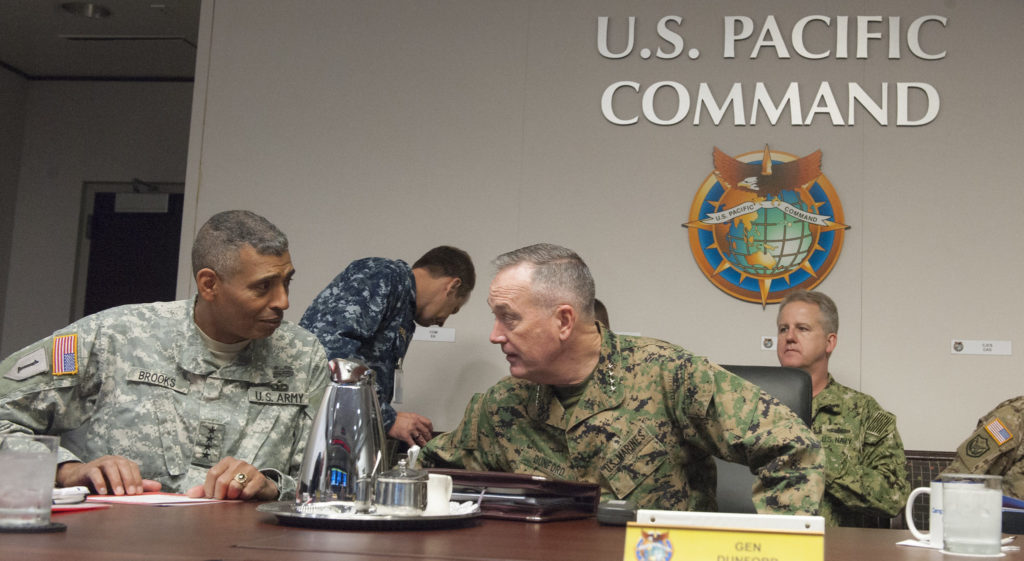Part of the Korea Study Group event series.
Additional Related Content:
A discussion on cost-sharing dynamics in the US-ROK and US-Japan alliance, Seoul-Tokyo relations, China’s rise, and US political transition.
A Stimson webinar discussion with ROK Ambassador Hwang Joon-kook that focused on the stalemate in the Special Measures Agreement (SMA) cost-sharing talks between Washington and Seoul, one week after President Trump rejected Seoul’s latest offer. Ambassador Hwang discussed various issues in response to questions from the moderator and congressional staffers, including: the notable difference between the Trump administration’s approach and that of previous administrations; the effect of a prolonged stalemate on alliance readiness; possible alternative negotiating methods for approaching cost-sharing; the increasingly important role of domestic politics within South Korea on the alliance; and the need for greater and more skilled alliance management moving forward.

